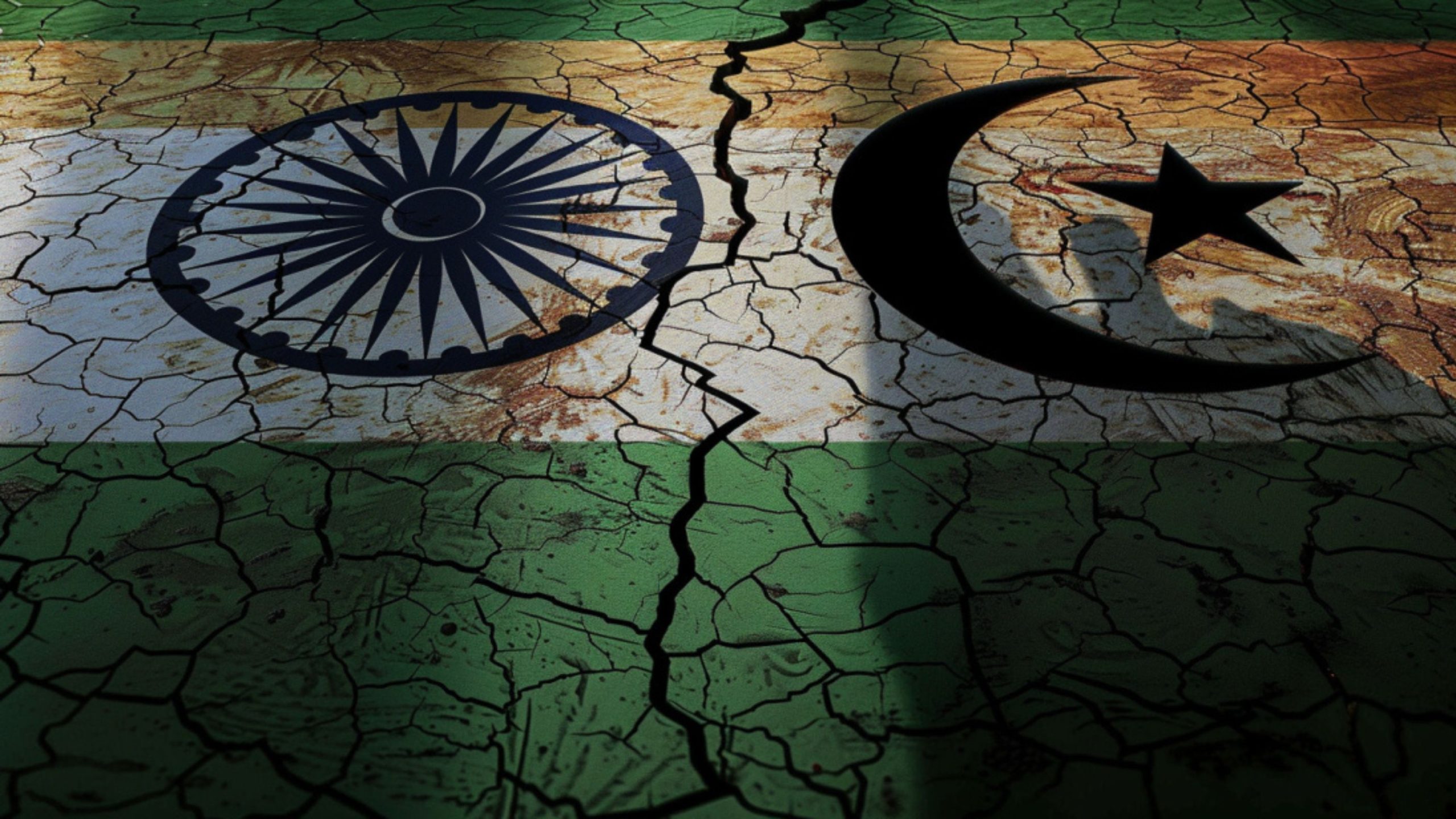As hostilities between India and Pakistan intensify, both nations have escalated efforts to suppress online discourse, targeting journalists and media outlets under the guise of combating misinformation.
In the aftermath of the Pahalgam terror attack and the launch of Operation Sindoor, the Indian government has been directing social media platforms to remove over 1,000 pieces of content daily, citing concerns over misinformation and disinformation.
These takedown orders are issued under Section 69A of the Information Technology Act, which permits the government to block online content to protect national interests.
The Ministry of Electronics and Information Technology (MeitY) has engaged in high-level discussions with major social media companies to expedite the removal of flagged content.
Additionally, MeitY has launched a cyber safety initiative, urging citizens to report misinformation and adhere to guidelines aimed at curbing the spread of false information online.
Suppression of Media Outlets and Journalists
The Indian government has taken action against several media entities. Notably, The Wire, an independent news outlet, was blocked without prior notice after publishing an article referencing CNN’s coverage of Pakistan’s claim to have downed an Indian Rafale jet. Although The Wire removed the article and the website was subsequently unblocked, the publication described the blocking as unconstitutional and intends to seek legal remedies.
Meta, the parent company of Instagram, complied with an Indian government request to block the @muslim account, a prominent Muslim news page with 6.7 million followers. The account’s founder condemned the move as censorship.
Prominent X accounts, including those of BBC Urdu and US-based Indian journalist Anuradha Bhasin, have also been blocked.
In Kashmir, journalist Hilal Mir was detained by police for allegedly “spreading anti-national content” and “instigating secessionist sentiment” through social media posts portraying Kashmiris as victims of systemic extermination.
Journalist Arfa Khanum Sherwani reported being doxxed.
State governments in India have intensified efforts to monitor and control online content. Karnataka Chief Minister Siddaramaiah directed officials to crack down on misinformation and fake news on social media platforms, emphasizing the importance of maintaining law and order.
Maharashtra’s cyber department removed 5,000 social media posts containing alleged fake news and misinformation related to the India-Pakistan conflict.
In Nashik, cyber police reviewed 3,000 posts, deleting 580 deemed objectionable, and are monitoring accounts and IP addresses associated with controversial content.
Srinagar Police initiated legal action against individuals accused of spreading provocative and false information on social media, urging citizens to report suspicious content.
In response to India’s actions, Pakistan’s Telecommunication Authority (PTA) blocked 16 Indian YouTube channels, 31 video links, and 32 websites, accusing them of disseminating false information and anti-Pakistan propaganda.
Additionally, YouTube restricted access to six Bangladeshi television channels in India following the Indian government’s request, citing national security concerns. Bangladesh has demanded an explanation from YouTube and threatened reciprocal measures if a credible justification is not provided.










